I have an embedded web server written in C using uIP libraries, in a microcontroller, which outputs the following static text in response to an http get. It is shown below as a C literal string:
"HTTP/1.0 200 OK\r\n"
"Server: UIP/1.0 (http://www.something.com/)\r\n"
"Content-type: text\html\r\n"
Right after that comes the doctype string \ and the \ ... \</html> body of the page requested. I did not write this code, but it was handed to me. Now I try it on Opera, Firefox, and Internet Explorer. The entire webpage is using Ansi/C and no special strings or bytes. But it loads and displays properly only on Opera. For some reason this particular uIP based web-browser will not render on IE 8 or Firefox.
![alt text][1]
What can I add to the http headers to make my micro-web-server encoding of basic/default C/ansi codepage be detected properly for all browsers, and not just opera?
